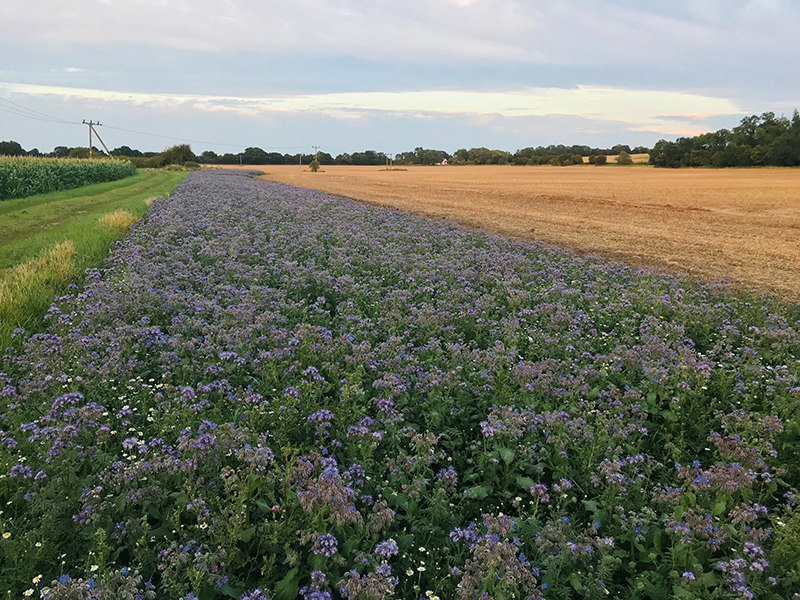
In the New Year the UK will begin a seven year transition period away from EU-based farm payment rules towards a system that will reward farmers for maintaining and restoring the natural environment, ensuring livestock health and welfare, and reducing carbon emissions. This represents a potentially major contribution towards the UK targets to protect 30% of land by 2030 and reach net zero by 2050, whilst also helping to meet global goals on climate, biodiversity and landscape restoration.
On 30 November Defra published a roadmap for this post-Brexit journey. This emphasises their ambition to co-design the new policies with farmers and other agricultural stakeholders, through ongoing and new tests and trials involving around 3,000 farmers, and a three-year National Pilot involving 5,500 farmers and land managers to be rolled out from late 2021.
The Organic Research Centre strongly supports this participatory approach to the design of the Environmental Land Management (ELM) scheme. This principle is at the core of our own research and ongoing development of organic techniques:
The interruption of COVID-19 has not dimmed our vision for this vital partnership working, just made us – like everyone else – more creative in the tools and methods used.
Working with a number of partners, including the Soil Association, Woodland Trust and University of Reading, we are involved in three of Defra’s Tests and Trials:
Defra’s roadmap also targets more investment in long-term research and development. This is essential to inform the effective delivery of schemes across ELM’s three tiers, from on-farm improvement of soil health, water quality, woodlands and hedgerows, biodiversity and pest management (Tier 1) to actions that put back nature and wildness back into the local countryside (Tier 2) and wider landscapes (Tier 3).
Given the focus of ELM on public goods, this is an opportunity to address the historically negligible levels of R&D funding in organic and agroecological techniques. With its 3,000 farmers managing 300,000 ha of land across England, the organic sector has been an important testing ground for practices that have even wider relevance and applicability under the new farming payment regime.
“The focus on public goods is an opportunity to address historically negligible levels of R&D funding in organic and agroecological techniques.”
DR Will SIMONSON – HEAD OF RESEARCH, ORC
Catalysing this knowledge transfer is a key priority, but in the opposite direction. So too is supporting existing and new organic-certified farmers through new R&D and, vitally, developing specific provisions within the ELM and complementary schemes (e.g. the Animal Health and Welfare pathway) themselves.
There is a notable lack of specific inclusion of organic farming in the future ELM and related schemes. We call on this to be addressed so that the increasingly valued public goods and benefits already being delivered by organic producers are not put at risk.
See also: One year in, one year to go: Assessing Public Good delivery on farm
